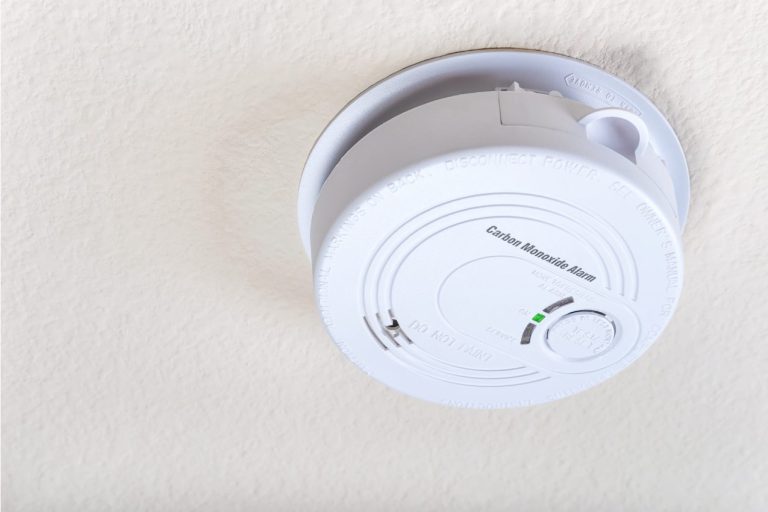Carbon monoxide and gas safety

Carbon monoxide (CO) is a poisonous gas. You can’t see, taste, or smell it, but there are some signs to look out for.
This guide will tell you all you need to know about avoiding carbon monoxide. Knowing the warning signs will help you feel safer in your home.
The emergency number for help with CO is 0800 111 999. Call immediately if:
- You think there might be CO in your home, or
- You think you or someone in your home might have CO poisoning.
What is carbon monoxide?
Carbon monoxide is a gas that’s poisonous to humans. It’s produced when gas or oil appliances (like cookers or boilers) are faulty or haven’t been well looked after.
Carbon monoxide is dangerous because you can’t sense it. It has no colour, taste or smell. Luckily, your home comes with a special alarm which can tell whether there’s carbon monoxide in the air.
How to stay safe from carbon monoxide
- Check your home has a carbon monoxide alarm. This works just like a smoke alarm. It will go off if CO is in the air. Make sure to regularly test the alarm by pressing the button. Replace the batteries when they run out.
- Get all oil and gas appliances checked once a year by a professional.
- Make sure there’s ventilation for appliances, including portable heaters. Don’t block any air vents.
- If your alarm goes off or you think there’s CO in the air, turn off the appliance you’re using and call the National Gas Emergency Service on 0800 111 999 immediately.
What are the symptoms of carbon monoxide poisoning?
If you have carbon monoxide poisoning, you might:
- Get a headache
- Feel sick or be sick
- Feel dizzy
- Feel short of breath
- Collapse
- Lose consciousness
Signs of carbon monoxide in your home
Any of the following might be signs of CO:
- Flames on heating or cooking appliances burning yellow or orange. If the flame isn’t the usual blue, contact your Housing Association to check this.
- Staining, soot, or discolouration on appliances.
- More condensation than usual.
- Your boiler’s pilot light (flame) going out a lot.
Gas safety
If you smell gas in your home, call 0800 111 999. The National Gas Emergency Service runs 24 hours a day. They will come to your home to make sure it’s safe.
In the meantime:
- Open windows and doors to help let the gas out
- Turn off the gas supply at the meter
- Turn off any gas appliances
Make sure you don’t:
- Smoke or use any flames
- Turn on any electrical switches. This could ignite the gas
- Go into a cellar, if you have one. If your gas meter is in the cellar, leave it alone.
Stay safe this summer
With the summer hopefully bringing better weather and the opportunity to spend more time outside, it’s worth remembering some simple do and don’ts.
If you’re planning on cooking outside then it is vital you keep your cooking equipment – such as a BBQ or pizza oven – in a well ventilated area. That means not cooking under an awning or marquee, nor a conservatory with the outer doors open. Never bring this equipment inside. It can give off CO in an enclosed space, even after it’s gone out, so it’s vital this equipment doesn’t enter your home.
If you’re planning on camping this summer, then this advice also stands with your tent or caravan. Under no circumstances should you bring this cooking equipment inside.
Carry a portable CO detector
Because you can’t see, hear, taste or smell CO, you don’t know if it’s there. For this reason we recommend travelling with a portable CO alarm to ensure your holiday accommodation is safe. This includes a hotel room that might state it already has a CO alarm fitted.
The Safer Tourism Foundation have more information here on their recommended detector.
If your alarm sounds, immediately open any doors and windows and then go outside into the fresh air. If you feel unwell, seek immediate attention. If you are in the UK, call the National Gas Emergency number FREE on 0800 111 999.
Useful pages
Is this page useful?